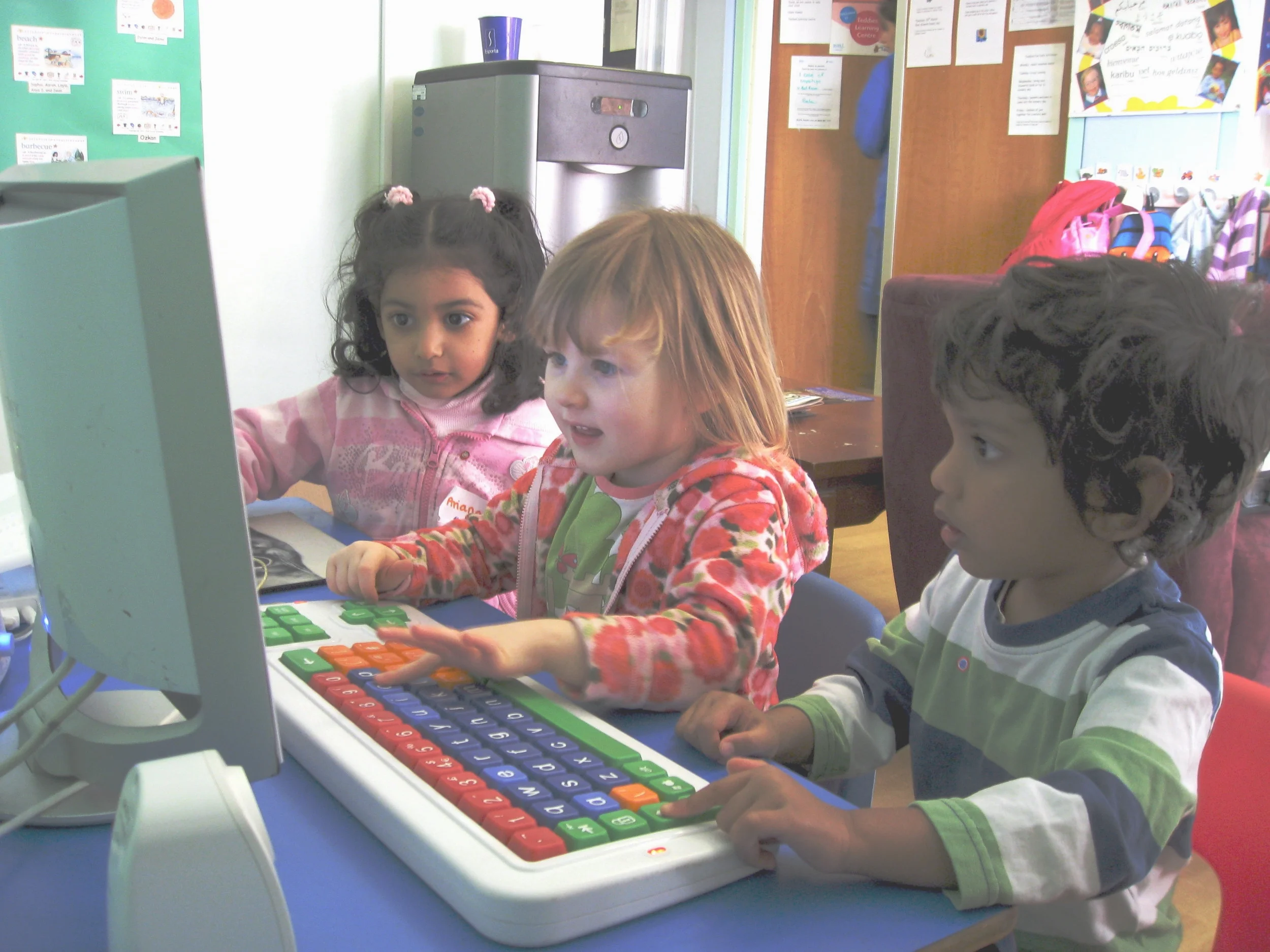By Stephanie Illescas
When I was younger, I remember how much I enjoyed spending time curled up with a good book, or taking walks in the park. I remember how I spent weekends volunteering with different organizations, the memories I made on family outings. Now when I take strolls, I often see children being entertained on tablets, watching TV shows, music videos, and playing interactive games. Although tablets are an easy, portable medium through which one could entertain a child and provide ways to learn their ABC’s and 1,2,3; it is important to remember to place a limit on the amount of screen time that children have in order to allow them to interact with their environment, with the people around them, so they grow up knowing that there are better things in the real world than the virtual one.
The internet has become accessible to almost everyone in multiple forms such as tablets, computers, smart TV’s, and phones. Adults use it as a means of communication, a way to keep in contact with friends, coworkers and family, constantly checking social media, e-mails, and texting. Because it is common to find a phone in an adult’s hand, it is no wonder our children have picked up the habit of being glued to theirs. Many parents have become concerned that their child has too much screen time, which refers to the amount of time they spend in front of digital screens. They worry that their kids may be missing out on real life experiences. According to the Center for Parenting Education, it is estimated that kids and teens between the ages of 8 to 28 spend about 44.5 hours each week in front of digital screens, and about 23% of kids and teens have reported they feel an addiction to video games (31% of the male population, and 13% of the female population).
Some negative effects of too much screen time include an increased chance of becoming obese, higher difficulty getting to bed and falling asleep, and increased risk of developing depression, anxiety, and attention problems including ADD and ADHD. Ways to manage your child’s screen time includes:
Choosing the right location: where the computer is set up, preferably outside of the child’s room
Installing apps for age-appropriate content
Limiting the hours the child spends online
Kid-proofing browsers: choosing the right security software for managing the sites accessible to your children
No one is suggesting that kids should not get any screen time or access to the Internet. These days, kids and especially teens need the Internet to research information for school projects, for access to study resources, free exam prep for those who cannot afford private tutors; and, when used properly, it can be a reliable source of information for kids who simply love to read or want to learn more about specific topics. However, it is the responsibility of a child’s parent or guardian to regulate the amount of time their kids spend online and ensure that the child has time in the real world; to read, do homework, join extracurricular activities, or become involved in sports.
Now, weaning a child off of electronics and screens is difficult, but it is a doable task and one worth investing time in. Taking small steps to create a personal connection with your child, whether it be taking a walk outside, and talking about their day makes them feel grounded (you use the word engaged twice, later on) in their surroundings. Involving them in activities such as board games, biking, hiking, arts and crafts projects, and cooking helps them feel engaged and may spark interest that keeps them off the internet and gives them something to look forward to. In addition, such activities allow them to interact with others, (face-to-face engagement that doesn't happen via the internet).
Access to the internet has become a need for children of most ages, especially to complete schoolwork and to prepare for big exams such as the SHSAT’s, SAT's, ACT’s, Regents, etc. However, it is important to remember that our children are growing and developing. They have the capacity to use their imagination, to develop skills that cannot be nurtured by using electronics. Helping them to grow these skills is something we adults have to help them do.
Stephanie Illescas
Stephanie Illescas is a reporter for the BEFA Newsletter .She studies biochemistry and French at Hunter College. Coming from Guatemala, she has seen first hand the lack of educational access available to low-income communities, and hopes to bring more opportunity to underrepresented populations. Stephanie enjoys running,writing, and exploring new locations. In her spare time she can be found volunteering with the Child Life Unit at Weill Cornell, or advocating for survivors of domestic violence as a New York State certified crisis counselor.
















